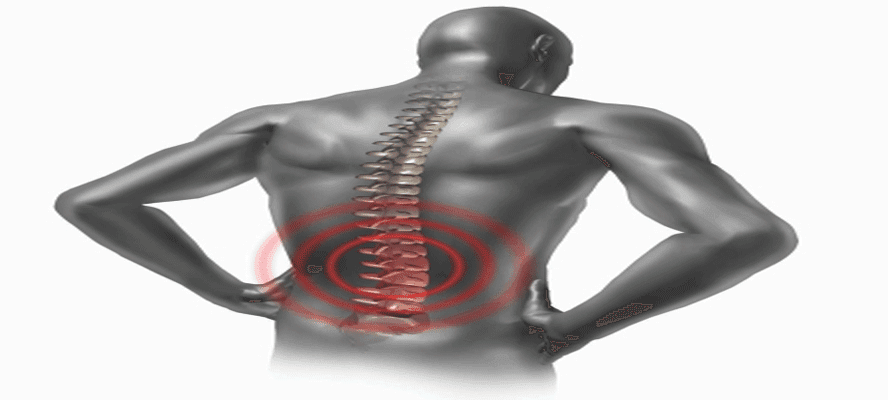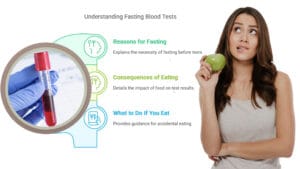Among top day-to-day health concerns, back pain is one of the most known and commonly experienced condition. Long hours of sitting in the office, frequent leaning down to pick up things, lifting heavy bags or other items, and many such hip twisting-turning activities and others tend to make you experience back pain every now and then Moreover, this back pain which at times can be mild while at other times excruciating can make you seek refuge in some or other form of pacifiers like medicines, hot bag, ointments, etc. Even studies suggest that mostly every adult is bound to seek medical attention for back pain at some point in their life! As we mentioned, there could be numerous reasons behind the back pain you may experience with majority of them being contributed by some or the other way of mechanical stress or even sudden trauma to your back. But beware, not always it could be some mechanical stress that affects and gives you back pain. Because there lies one serious condition in which the back pain may also signal… Ankylosing spondylitis.








